Table of Contents
Ethnicity and Stratification:
Most modern societies include numerous different ethnic groups.
The question that arises however is when we refer to a society, are we necessarily referring to a state? Most often yes, we do.
What we are essentially referring to are plural entities with many “societies and cultures” and one state.
Many argue that the different cultural groups are “nations”. Others call them “ethnic groups”.
Giddens writes many societies in the world today, in the industrialized and non-industrialized world alike, are plural societies. Plural societies are those in which there are several large ethnic groupings, involved in the same political and economic order but otherwise largely distinct from one another.
Anthony Smith thinks nationalism emerged from common bonds of religion, language, customs, shared history, and common myths of origin; ‘….in a later work he refers to modern ethnic revivals taking the form of nationalism and defines ‘…’ “ethnic” or ethnic community as a social group whose members share a sense of common origin, claim a common and distinctive history and destiny, possess one or more distinctive characteristics and feel a sense of collective uniqueness and solidarity’.
Does this mean there is no distinction between nation and ethnic and hence ethnicity and nationality?
Not quite says Smith. Ethnic is a passive notion and nationality is active ethnicity because ethnic revival is ‘… the transformation of passive, often isolated and politically excluded communities into potential and actual nations, active, participant and self-conscious in their historic identities’.
Despite this overlap, Oomen feels that there is a crucial difference between them which can be located in the territorial dimension.
Nationalism and Ethnicity:
Nationalism is also a form of ethnicity but it is a special form.
It is the institutionalization of one particular ethnic identity by attaching it to the state.
Ethnic groups do not necessarily act together except when they have a special interest to secure.
When those interests are to obtain a state of its own (or part of a state) the group is a nationality.
The salient features Worsley mentions are deprivations emanating out of inequality, material deprivation, and denial of cultural identity.
His argument is that if there is no common language and territory ethnicity cannot constitute itself into a nation.
One may identify several situations where “ethnicity” or outsider identity becomes salient vis-a-vis ‘nationality’ or insider identity.
The demand for the expulsion of vides his (foreigners) belonging to other folk regions within the state (for example- the Chotanagpur tribal demand to expel fellow Biharis of the plains) or from other states (Bengalis or Marwaris).
The demand to expel those who do not belong to the same cultural region although they are from the same state (for example the demand for the expulsion of Andhras from the Telangana region).
The Nature of Ethnic Groups:
The Oxford English Dictionary (1961) defines the adjective ‘ethnic’ as pertaining to nations, not Christians or Jewish; Gentile, heathen, pagan.
Whatever may be the scholarly difference between how we ought to define ethnicity, the moot point is that generally ethnic groups are those groups in a society that are located at a disadvantage either to the state or the dominant group of society or more often to both.
Ethnicity and Family:
Ethnicity cannot be separated from our families for the diverse process of socializing children in ethnically diverse families has far-reaching consequences.
This in part explains the concept of “ethclass” which explains the role that social class membership plays in defining the basic condition of life influenced by ethnicity at the same time that it accounts for differences between groups at the same social class level.
As Sharma says, “An ethnic group may be considered as a stratum in a given system of social stratification. It is possible because ethnicity is accompanied by class and power.”
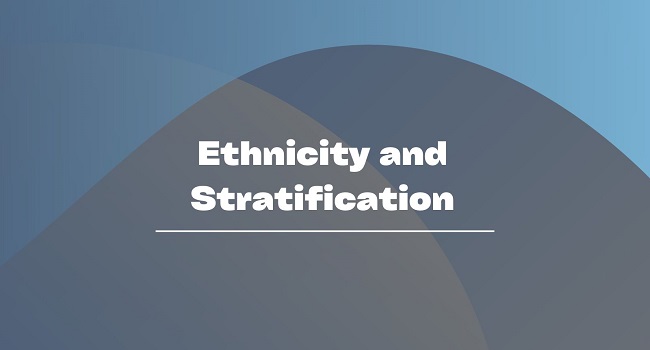
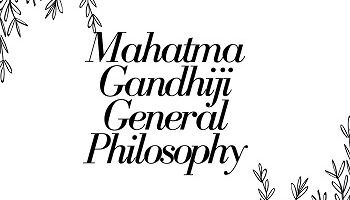
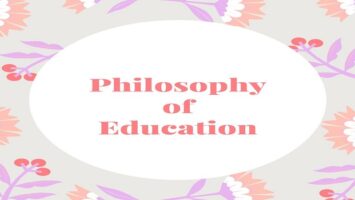
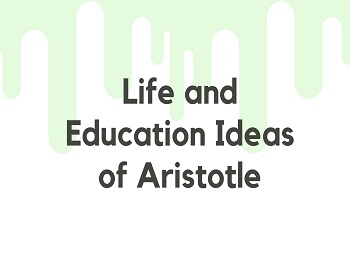
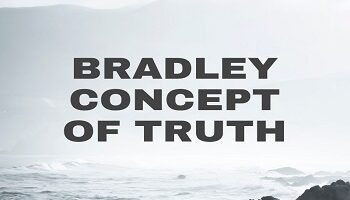
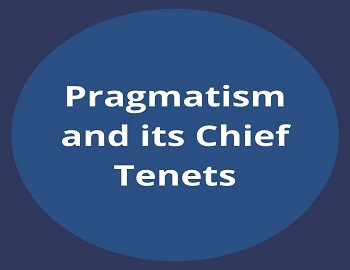
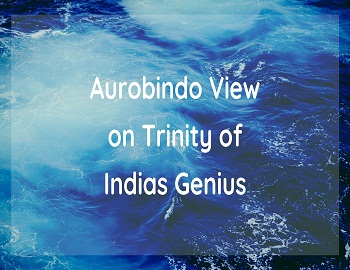
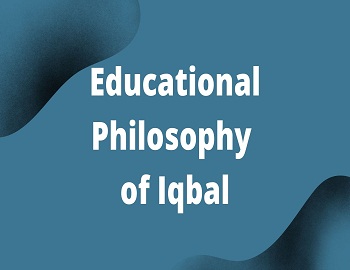
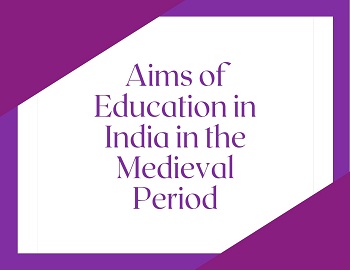
Comments (No)